Modi govt trying to capture RBI: Chidambaram
Fri 09 Nov 2018, 10:15:06
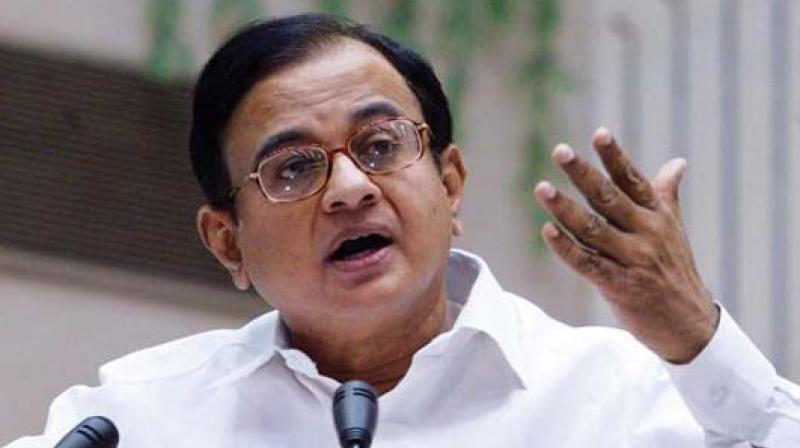
Kolkata: Senior Congress leader P Chidambaram on Thursday accused the Narendra Modi government of trying to capture the Reserve Bank of India to tide over its fiscal crisis, warning that any such move would be catastrophic.
"The government stares at a fiscal-deficit crisis. The government wants to step up the expenditure in an election year. Finding all avenues closed, in desperation, the government has demanded Rs 1 lakh crore from the reserves of RBI," the former Union finance minister said at a press conference here.
If RBI Governor Urjit Patel stands his ground, the Centre is planning to issue a direction under Section 7 of the RBI Act, 1934, directing the apex bank to transfer Rs 1 lakh crore to the government's account, he claimed.
Section 7 of the RBI Act gives special powers to the government to issue directions to the RBI governor on issues of public interest.
Chidambaram alleged that the government had packed the central bank's board with handpicked nominees and was making every attempt to push through its proposals at the RBI board meeting on November 19.
"If the RBI either defies the government or the RBI governor resigns, in either events, the consequence will be catastrophic," he said.
In
this situation, the senior Congress leader said, there were only two options for Patel: either resign or transfer the amount to the government.
this situation, the senior Congress leader said, there were only two options for Patel: either resign or transfer the amount to the government.
"In my view, whichever option is taken by the governor, it will damage the credibility and image of the RBI. It also means capture of RBI. One more crucial institution will fall from grace," he added.
The RBI and the government have not been on the same page on different issues for some months now. The disagreements came out in open when RBI Deputy Governor Viral Acharya, in a hard-hitting speech, said failure to defend the central bank's independence would "incur the wrath of the financial markets".
It later emerged that the government had invoked a never-before-used provision of the law -- Section 7 of the RBI Act -- to ease NPA norms so that banks can kickstart lending and support growth, and transfer more dividend to boost liquidity -- issues which the central bank thinks cannot be relented.
Without acknowledging that the notices have been sent to the RBI, the Union Finance Ministry had said the "autonomy for the central bank, within the framework of the RBI Act, is an essential and accepted governance requirement. Governments in India have nurtured and respected this".
No Comments For This Post, Be first to write a Comment.
Most viewed from National
Most viewed from World
AIMIM News
Delhi Assembly polls: Owaisi leads Padyatra in Okhla
Feb 01, 2025
We reject this Waqf Amendment Bill: Asaduddin Owaisi
Jan 30, 2025
Latest Urdu News
Most Viewed
May 26, 2020
Which team will win the ICC Men's Champions Trophy 2025 held in Pakistan/Dubai?
Latest Videos View All
Like Us
Home
About Us
Advertise With Us
All Polls
Epaper Archives
Privacy Policy
Contact Us
Download Etemaad App
© 2025 Etemaad Daily News, All Rights Reserved.

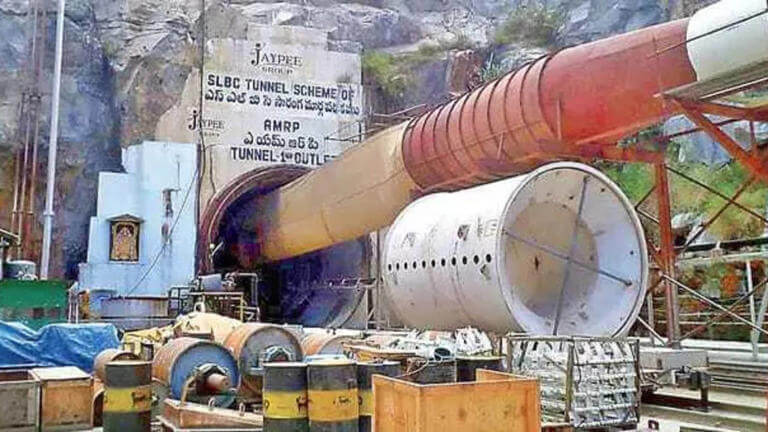

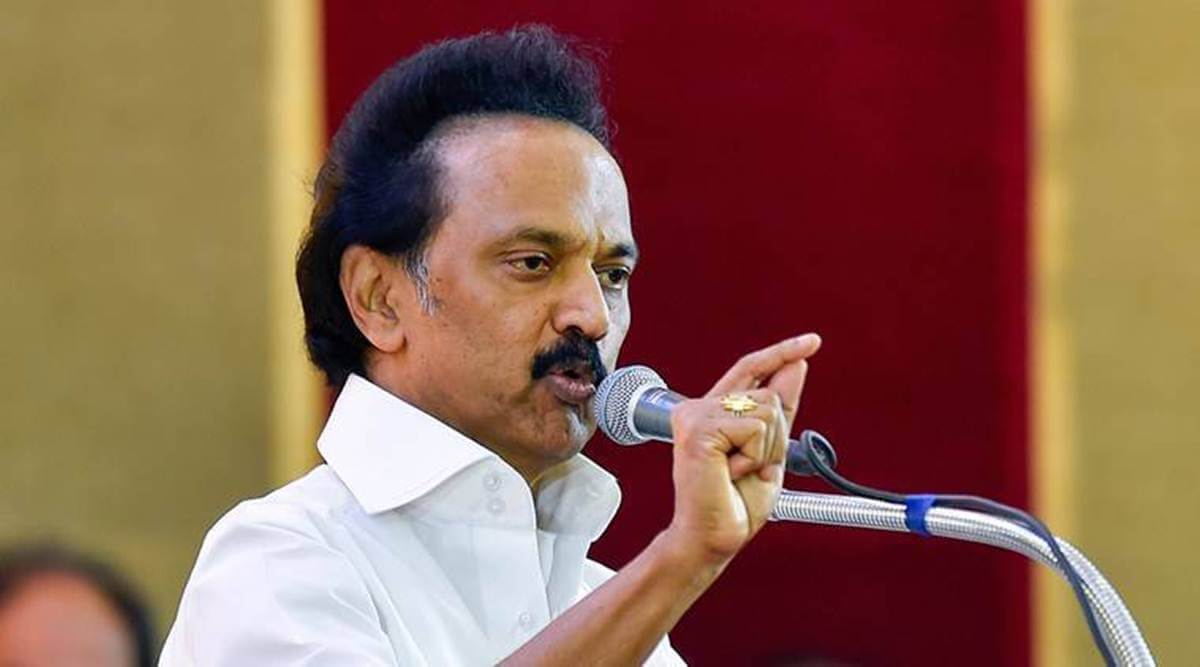

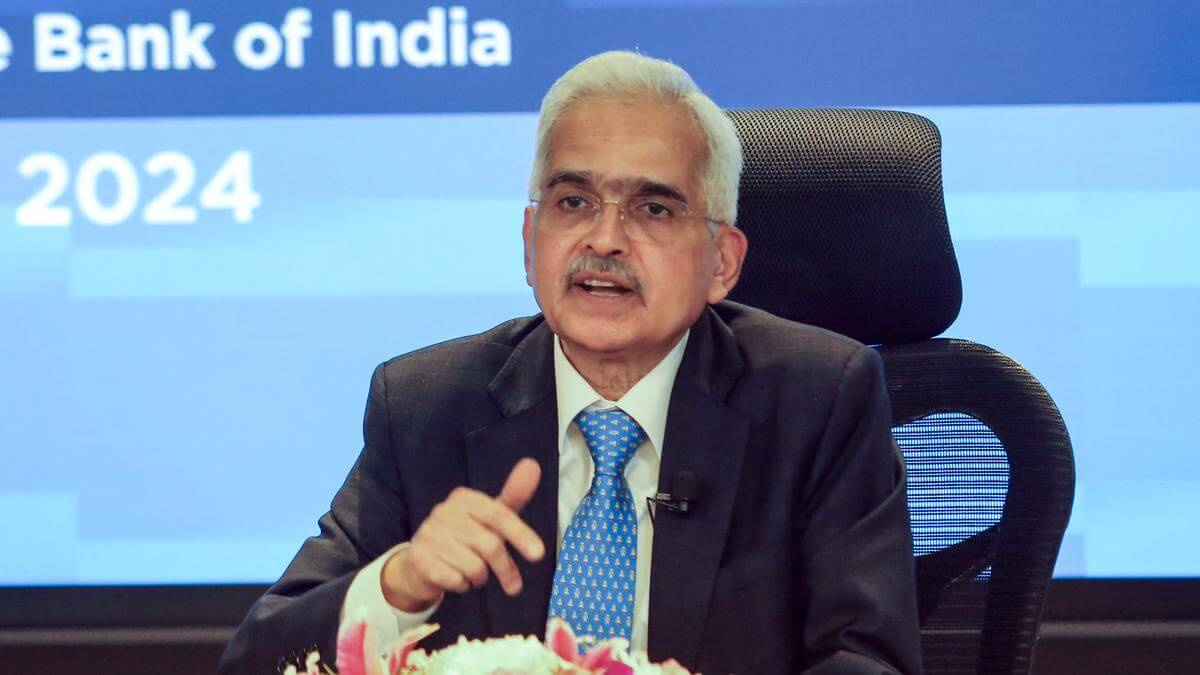
.jpg)
.jpg)
.jpg)
.jpg)
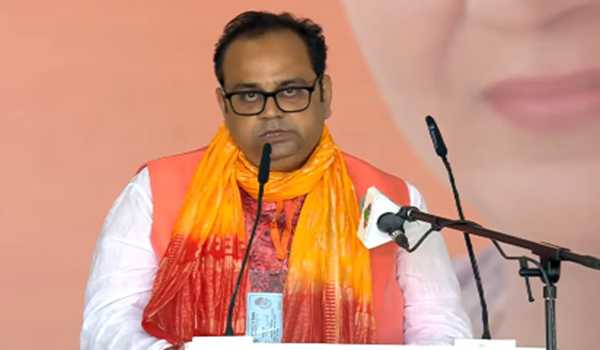
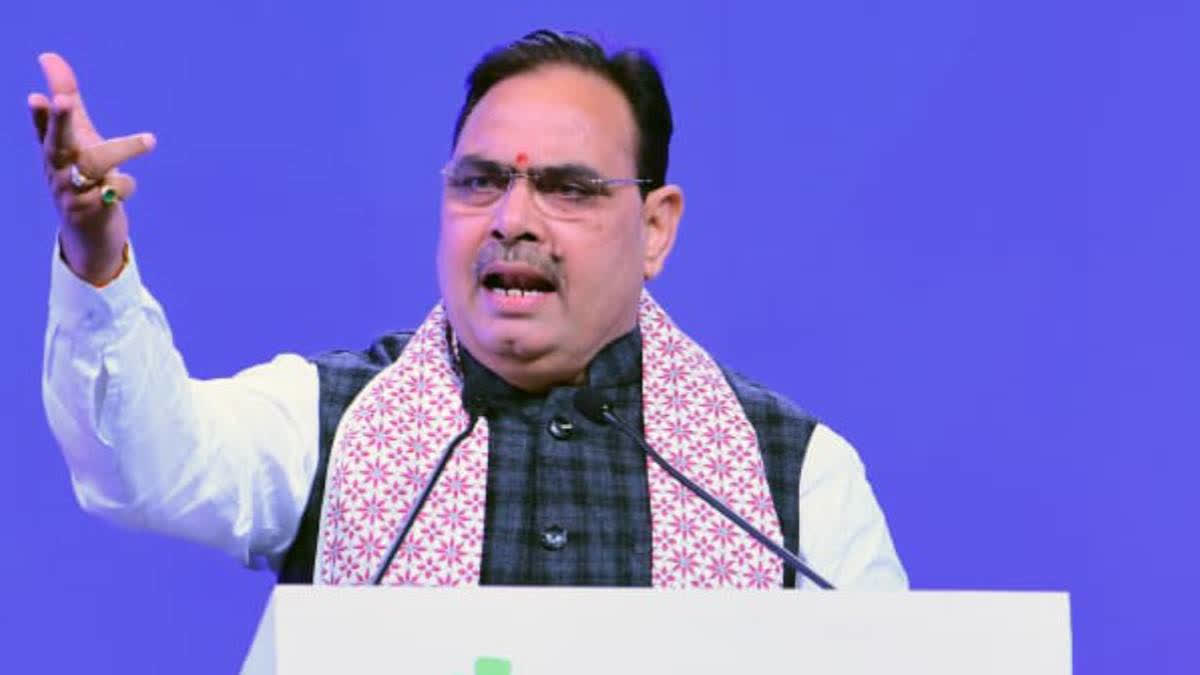

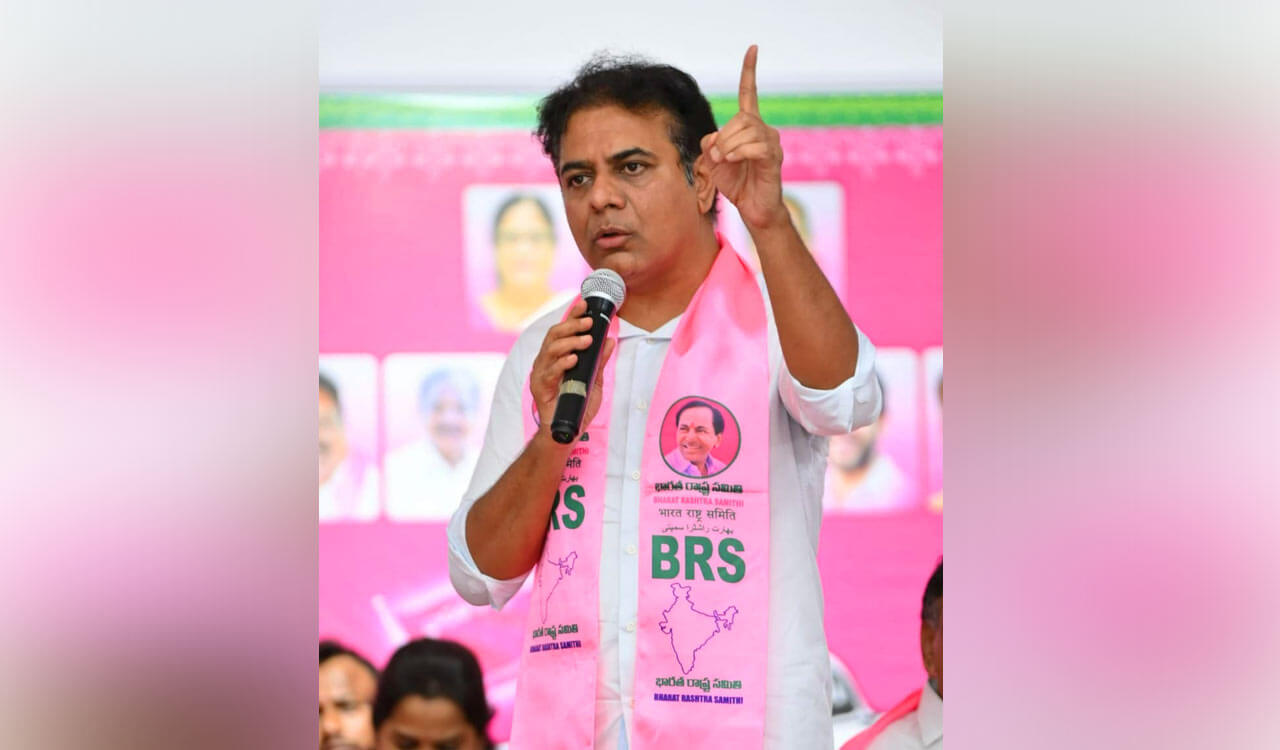


.jpg)
.jpg)
.jpg)
.jpg)






















